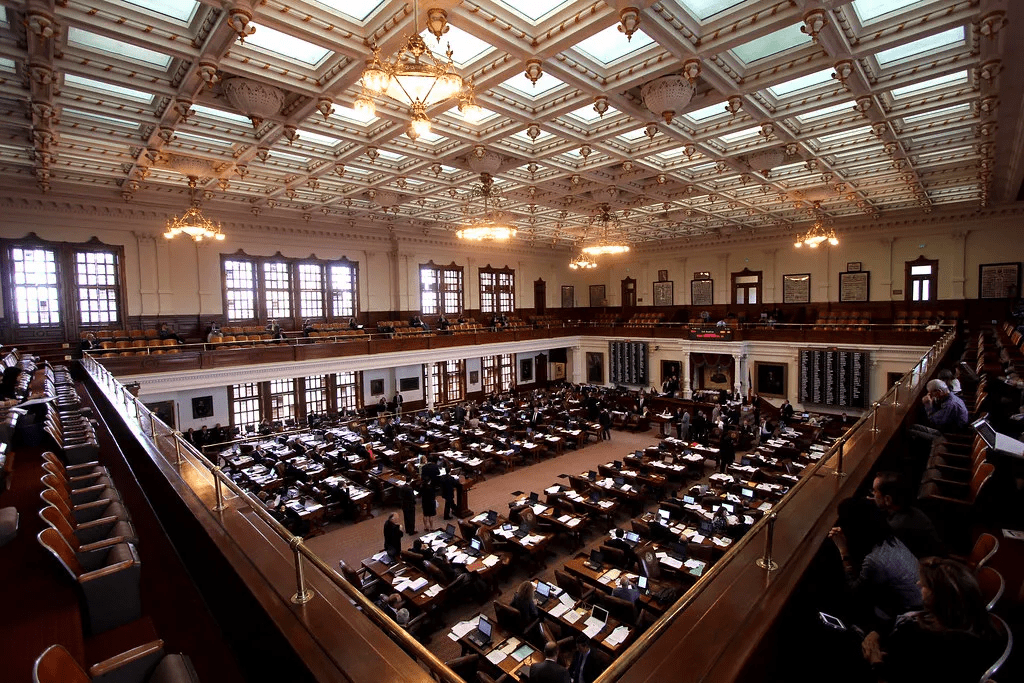Thanks to big-spending legislators’ creative accounting and over-eagerness to spend your money, the 83rd legislature increased appropriations 26% over the previous legislature. Even though this represents a major increase, it would shock many taxpayers to know that growing budgets are inevitable—partly resulting from a budget process that elected legislators barely touch.
|
We mentioned a brief overview of the state’s appropriations process in a previous article. In the budget process, state agencies and the bureaucracy charged with state budget writing, the Legislative Budget Board (LBB), meet in a public hearing and essentially decide amongst themselves the amounts of money agencies receive vis-à-vis the General Appropriations Act.
This process usually consists of agencies reporting the amount they received the previous year and then requesting additional funding for capital expenditures, an increase in service population, or an added duty to enforce new legislation.
Rarely do these hearings evaluate current expenditures to justify their continuation.
While most taxpayers take for granted that agencies will want to increase their funding, few taxpayers are aware that legislators also rarely question current agency funding—relying on the LBB’s recommendation for the lion’s share of agency appropriations.
Consequently, incremental increases in state budgets are a perennial facet of recent Texas’ appropriations bills. Without a consistent evaluation of current spending that focuses on agencies’ efficiency of service to citizens, program effectiveness, and scope of legislative intent, citizens and lawmakers never exactly know how much current agency spending is even necessary.
Coupled with institutional tendencies toward growth, many lawmakers flat-out refuse to curtail it—simply because growth is the status quo, and limits on growth are not.
In fact, conservative reformers who attempt to end waste or limit growth are castigated and thwarted in any effort to protect taxpayers. Recall during a major budget amendment debate of the 83rd Legislative Session in which liberal-leaning Republicans excoriated House conservatives for proposing budget changes that eliminated wasteful spending and diverted funds to vital state priorities.
The lack of a zero-base approach to agency budget requests guarantees that state spending increases will likely have no discernable correlation to the rate of inflation or population growth—quickly outpacing both of these measures.
Texas taxpayers deserve government that can honestly evaluate its spending in light of the services it provides with strict oversight by elected officials—not a system that usurps elected authority through bureaucratic growth inertia.




